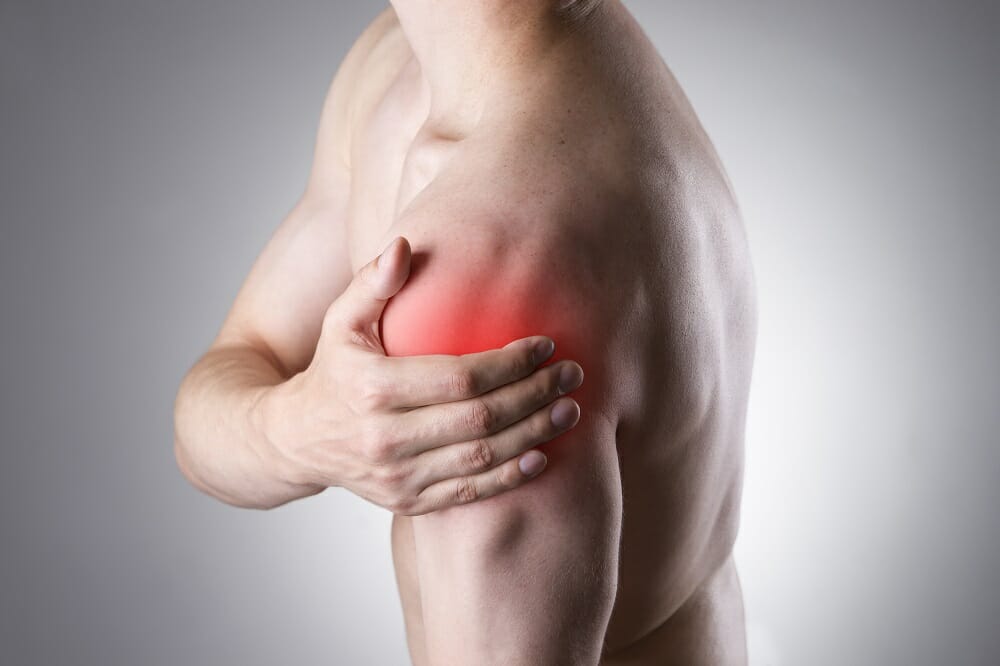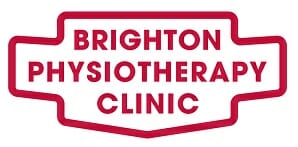Shoulder
Shoulder Conditions Treated by Physiotherapists
An injured shoulder disrupts everything in your life. The shoulder is made up of several joints that combine with muscles and tendons to allow motion in the arm. From playing a goalie to scratching your back, most activities are controlled by the shoulder.
Most shoulder conditions are grouped under instability, tendon inflammation, arthritis and fracture. Lesser known causes of shoulder pain include infection, tumours and nerve-related problems. The Physiotherapists at Hove Osteopath diagnose and treat a range of shoulder injuries from acute to degenerative issues. Our team of experts help you regain full functionality in your shoulder. We use several non-invasive techniques to reduce shoulder pain.
Common Shoulder Conditions We Treat Include

Bursitis
Bursae are small sacs of fluid in joints throughout your body. They reduce friction between the bone and the gliding muscles. Over-exerting your shoulder leads to swelling and inflammation of the bursa between the acromion and the rotator cuff. Bursitis is also associated with rotator cuff tendinitis. This is a condition where multiple tissues in the shoulder are inflamed and painful.
Dead Arm
Dead Arm is characterised by a paralysing pain when you forcibly move the shoulder into a position of maximum external rotation. You’re unable to throw a ball, extend your arm fully or perform other activities as you used to. Dead arm syndrome is associated with a damaged anterior labrum and anterior instability.
Therapy Treatment for Shoulder Conditions
Exercise Therapy
Exercise plays a role in helping you regain full functionality. Your physiotherapist might recommend home or supervised exercise depending on the severity of your injury. There’s been increased interest in exercise rehabilitation as a treatment for both full and partial thickness tears of the rotator cuff.
Passive Treatments
They include electrotherapy, manual therapy and taping. Passive treatment provides additional benefit when combined with other therapeutic exercise programmes.
Manual Therapy
There is evidence that manual therapy is beneficial for patients with shoulder pain. It is most effective when combined with exercise instead of a standalone therapy.
Taping
Taping is recommended for many reasons. It helps with joint stabilisation, facilitates muscle activity, controls posture at a joint and improves muscular effort. Hove Osteopath has a team of licensed physiotherapists who provide top-class therapy treatment to help you regain full range of motion in your shoulder. Call 0000000000 to get started.
